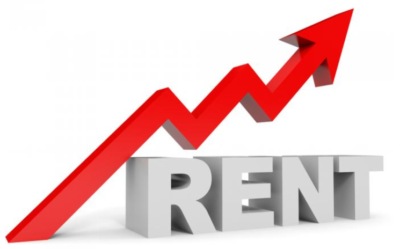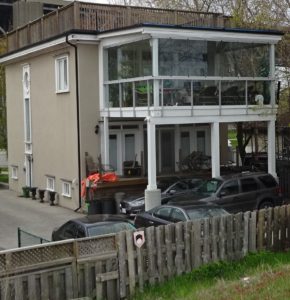 By Staff
By Staff
August 11th, 2023
BURLINGTON, ON
The National Rent Report charts and analyzes monthly, quarterly and annual rates and trends in the rental market on a national, provincial, and municipal level.
Toronto finished second on the list of 35 cities for average monthly rent in July for a one-bedroom at $2,592 and third for average monthly rent for a two-bedroom at $3,370.

Rent increases driven by demand which has increased inflation which pushes rental rates.
Other Greater Toronto Area cities and areas include:
Mississauga came in fourth on the list of 35 cities for average monthly rent in July for a one-bedroom at $2,364 and $2,832 for a two-bedroom
Year over year, average monthly rent in July for a one-bedroom in Mississauga was up 20 per cent and up 18.3 per cent for a two-bedroom.
Richmond Hill finished fifth on the list with average monthly rent for a one-bedroom at $2,267, and average monthly rent for a two-bedroom was $2,567.
Burlington came in sixth for average monthly rent in July for a one-bedroom at $2,260 and $2,624 for a two-bedroom
Year over year, average monthly rent in July for a one-bedroom in Burlington was up 4.8% per cent and up 7.8 per cent for a two-bedroom.
Average Rents in Canada Reach a Record High
Average asking rent in Canada reached a new high of $2,078 in July according to the Rentals.ca and Urbanation latest National Rent Report.*
This represents a 8.9% annual increase, marking the fastest pace of growth over the past three months. A 1.8% hike in average asking rents compared to June represented the most rapid month-over-month increase in the last eight months.
Compared to July 2021, average asking rents in Canada have increased by 21%, translating to an additional $354 per month on average. Several factors have contributed to this rise, including a surge in post-secondary students signing leases before the fall term, population growth at an unprecedented level, and homebuyers temporarily sidelined by the Bank of Canada’s latest interest rate increase to a 22-year high.
“Canada’s rental market is currently facing a perfect storm of factors driving rents to new highs,” said Shaun Hildebrand, president of Urbanation. “These include the peak season for lease activity, an open border policy for new residents, quickly rising incomes, and the worst ever homeownership affordability conditions.”

With rent rates close to sky high one might ask – why was this house torn down in the Beachway. The lot sits empty.
For the first time, average asking rents for purpose-built condominiums and apartments rose above $2,000 in July, reaching $2,008. One-bedroom apartments lead the way, posting a 13% annual increase and a monthly rise of 2.5%. Regarding specific unit types, one-bedroom rents averaged $1,850, followed by two-bedroom units at $2,191, and three-bedroom units at $2,413. Among the more affordable options, studios averaged rents of $1,445.
Calgary’s rental market retained its distinction of having the fastest rent growth among Canada’s largest markets, with annual asking rents for purpose-built and condominium apartments up by 16.1% to $2,036, although it moderated from its 18.4% pace in June.
Meanwhile, Montreal surged ahead with a significant acceleration from 11.2% to 15.3% in July, establishing an average asking rent of $1,987.
The remainder of Canada’s largest markets witnessed a slower rate of annual rent growth in July. Toronto experienced an 11.5% increase in average asking rents (compared to 15.7% in June) to reach $2,849. Vancouver maintained the highest average asking rent among the largest markets at $3,340, reflecting a 12.2% annual rise and a 2.9% monthly increase.
The rent growth in Ontario was led by Brampton and Scarborough within the GTA, where average asking rents for purpose-built and condominium apartments saw increases of 18.6% and 18.2% respectively.















My building is taking a $1500 apartment, doing a few cheap upgrades and putting it back out for $2500 plus……and we wonder why rents are becoming unaffordable. The government needs to step in or we are going to see more seniors and families homeless. More and more seniors are having to return to the workforce to maintain a standard of living.
Editor’s question: Would you care to identify the building?